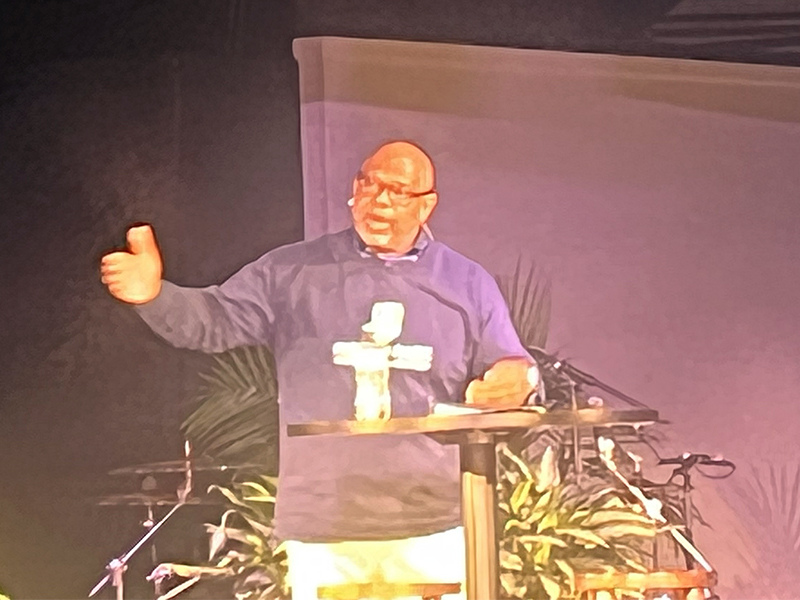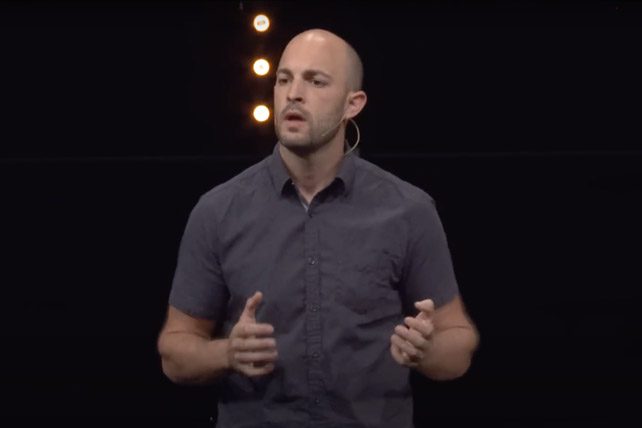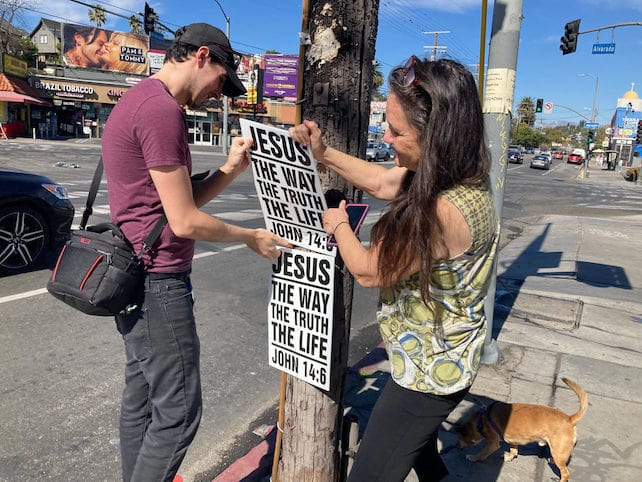Brad Fischetti is the last surviving member of the band, LFO (Lyte Funkie Ones). The band rose to fame in 1999 with its Billboard hit, “Summer Girls,” before experiencing a series of tragedies over the years. While recounting the band’s tragic history, Fischetti said, “I don’t know what the future holds, but I do know that I do my best to stay strong in my faith.”
The other two original members, Devin Lima and Rich Cronin, both died after battles with cancer years ago. Most recently, however, Brian “Brizz” Gillis, a newer band member, died in March 2023. Fans have claimed the band is cursed, but Fishcetti doesn’t accept that label.
Brad Fischetti Describes LFO’s ‘Tragic Story’
LFO “burst on the scene” back in 1999 in Massachusetts and celebrated many hits with their unique R&B and pop-rap sound.
Fischetti recalled that when he heard of Gillis’s passing, “I was just completely dumbfounded. I was just shocked. I was sort of in a fog for about two days.”
“But I have always said since the death of Rich and Devin that the LFO story is a tragic story,” Fischetti told Fox News Digital. “And so what I’m trying to do in this tragedy is shed light in the darkness. You know, I really do believe that through great struggle comes great grace.”
“And so I think about how those guys would want me to live, what they would want me to do,” he continued, “And we have no control over what happens to us. But we have the ability to respond – and responsibility. And so I choose and have chosen to respond in a positive way to try to bring some peace and some love and some joy into what is a very tragic story.”
The story of LFO extends beyond Cronin, Lima, and Gillis. Other deaths associated with the band include recording label rep Kelly Schweinsberg, the band’s keyboardist, LFO’s choreographer, and a producer.
According to TMZ, Fischetti “says he’s not scared by the fact death seems to come early to those involved with the band … He’s alive and well, and touring in their honor.”
With thousands of views and many comments, fans are sharing their shock and condolences. Some fans didn’t realize so many people associated with LFO had passed at young ages.
“My heart breaks for Brad….. the last remaining member of LFO. 😥 To lose so many incredible bandmates (all at such a young age) who shared their beautiful gift of music & soulful voices with the entire world is truly heartbreaking, devastating & sad!!!” a commenter named Philip wrote. “I pray for all of their loved ones & millions of fans whose lives they touched with their gifts. Rip.”
Another commenter, Rey, encouraged the last band member, Fischetti. “God bless you bro! I been a fan since I was a kid. 39 now. We know as God’s children God can take something bad and in his mysterious ways turn it into something good… Stay up bro! Keep the faith and God bless you and your famz.”
While Fischetti appreciates the encouragement from fans, he says his losses are no different than those of anyone else. Fischetti said, “I try my best to do God’s will and try to be a light in the darkness.”
As Fishcetti was navigating so much deep loss and hurt, he and his wife decided he should talk with his doctor, who referred Fischetti to a psychiatrist. “The problem,” he said, “is a lot of us are not vulnerable enough to admit when we need help.” Fischetti recognizes the impact his entire team of supporters has had on his life.

















 Your greatest contribution to the kingdom of God may not be something you do, but someone you raise. -Andy Stanley
Your greatest contribution to the kingdom of God may not be something you do, but someone you raise. -Andy Stanley








 As a
As a 






